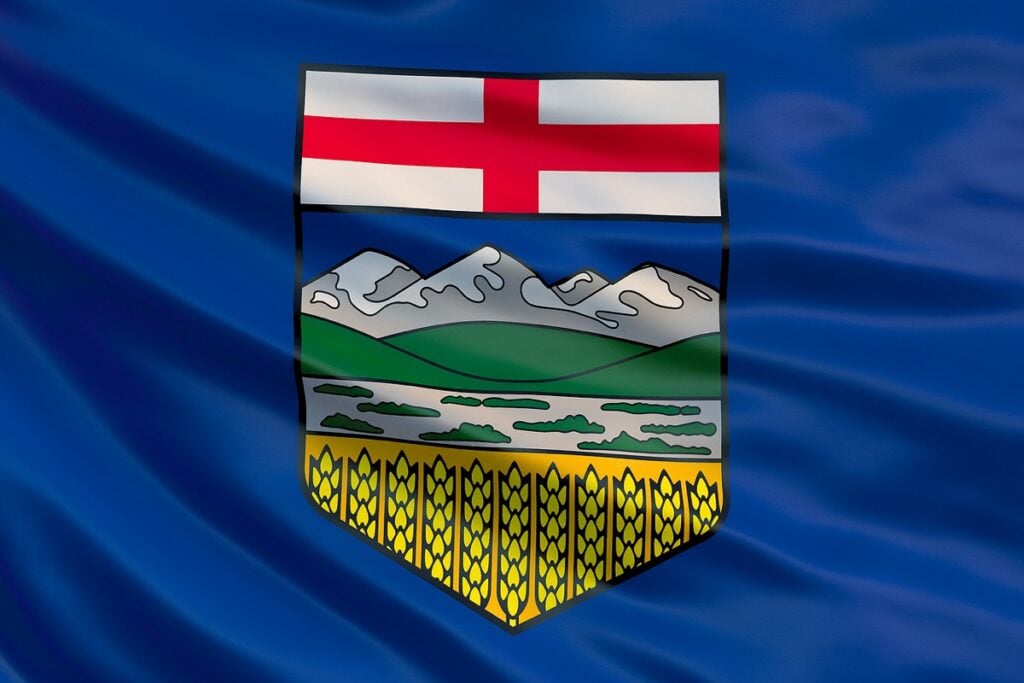Losing a loved one is difficult, and taking time off work to grieve and manage personal matters can be essential. In Alberta, bereavement leave is a recognized entitlement for employees, but understanding your rights and the details of this leave can help you navigate this challenging period.
Definition and Origin
Bereavement leave in Alberta is an unpaid, job-protected leave that allows employees to take time off work to cope with the death of a family member. This section explains what bereavement leave means, its purpose, and how it came to be included in Alberta’s employment standards.
Eligibility Criteria in Alberta
Before accessing bereavement leave, it’s essential to know if you meet the eligibility requirements. In Alberta, the main criteria include:
- Who is eligible: Employees who have worked with their employer for at least 90 days are entitled to bereavement leave.
- Covered relationships: The leave typically applies to the death of immediate family members such as parents, spouses, children, or siblings. Clarifying whether other relations are included can also be crucial.
Duration of Leave
Employees in Alberta are entitled to up to 3 days of bereavement leave per year. These days can be consecutive or non-consecutive, depending on individual or situational needs.
Is Bereavement Leave Paid in Alberta?
Bereavement leave in Alberta is generally unpaid. However, employers can choose to offer paid leave as part of their policies or collective agreements. Employees may also use other types of paid leave, such as vacation days, to cover bereavement periods if permitted by their employer.
Employer Policies and Collective Agreements
It’s essential to check your specific employer’s policies or any collective agreements that might be in place, as they could provide additional leave benefits or compensation. This section covers:
- How to navigate employer-specific policies
- The importance of understanding collective agreements if applicable
Requesting Bereavement Leave
Employees should notify their employer as soon as possible when requesting bereavement leave. This section includes:
- Notification process: Best practices for informing your employer
- Documentation: Types of proof or documents employers may request
Impact on Job Security
The good news for employees in Alberta is that bereavement leave is job-protected. This means that during an approved bereavement leave, employers cannot terminate or lay off employees simply because they are on leave.
Special Circumstances for Bereavement Leave
Some circumstances might impact how bereavement leave is applied, such as:
- Additional days for cultural or religious reasons: Discussing any cultural or religious practices that might require more than the standard leave.
- Extended leave options: Alternative leave policies for more prolonged absences due to grief or related needs.
Frequently Asked Questions About Bereavement Leave in Alberta
To help answer common concerns, here are FAQs about bereavement leave in Alberta:
What happens if I need more than 3 days off?
In Alberta, the standard bereavement leave entitlement is up to 3 unpaid days per year. If you require more time, you may need to discuss alternative leave options with your employer, such as unpaid personal leave or using vacation days.
Can I take bereavement leave if the deceased is not an immediate family member?
Under Alberta’s Employment Standards, bereavement leave typically applies to immediate family members. However, employers can choose to extend this benefit to other relationships based on internal policies. Check with your HR department for specific allowances.
Is my employer required to provide paid bereavement leave?
No, Alberta’s employment standards mandate that bereavement leave is unpaid. However, employers have the discretion to offer paid leave as part of their policies or collective agreements.
Can bereavement leave be split into separate days?
Yes, employees can take bereavement leave as consecutive or non-consecutive days, depending on their needs and employer approval. This flexibility allows for personalized scheduling to suit individual situations.
What documentation might I need to provide to my employer?
Employers may request documentation to confirm the leave is for bereavement, such as an obituary, death certificate, or other proof of death. Be sure to ask your employer what specific documentation they require.
Is bereavement leave included in Alberta’s Employment Standards Code?
Yes, bereavement leave is covered under Alberta’s Employment Standards Code, ensuring job protection for eligible employees who take this leave.
Can an employer refuse bereavement leave?
No, if an employee meets the eligibility criteria and provides necessary notification, the employer cannot refuse bereavement leave as it is protected under Alberta’s Employment Standards.
What other types of leave can I use if I need more time?
Employees needing more than 3 days can use other leave types, such as unpaid personal leave or vacation days, subject to employer approval. Some may also consider family responsibility leave if applicable.
Is there a different process for public sector employees?
While the Employment Standards Code applies broadly, public sector employees in Alberta may have additional benefits through collective agreements or specific public service policies. Check with your HR department for details.
Are there specific industries with different bereavement leave rules?
Most industries follow Alberta’s Employment Standards Code for bereavement leave, but specific employer policies may offer additional provisions. Unionized workplaces may also have unique rules outlined in collective agreements.
See also: Bereavement Leave in Canada

